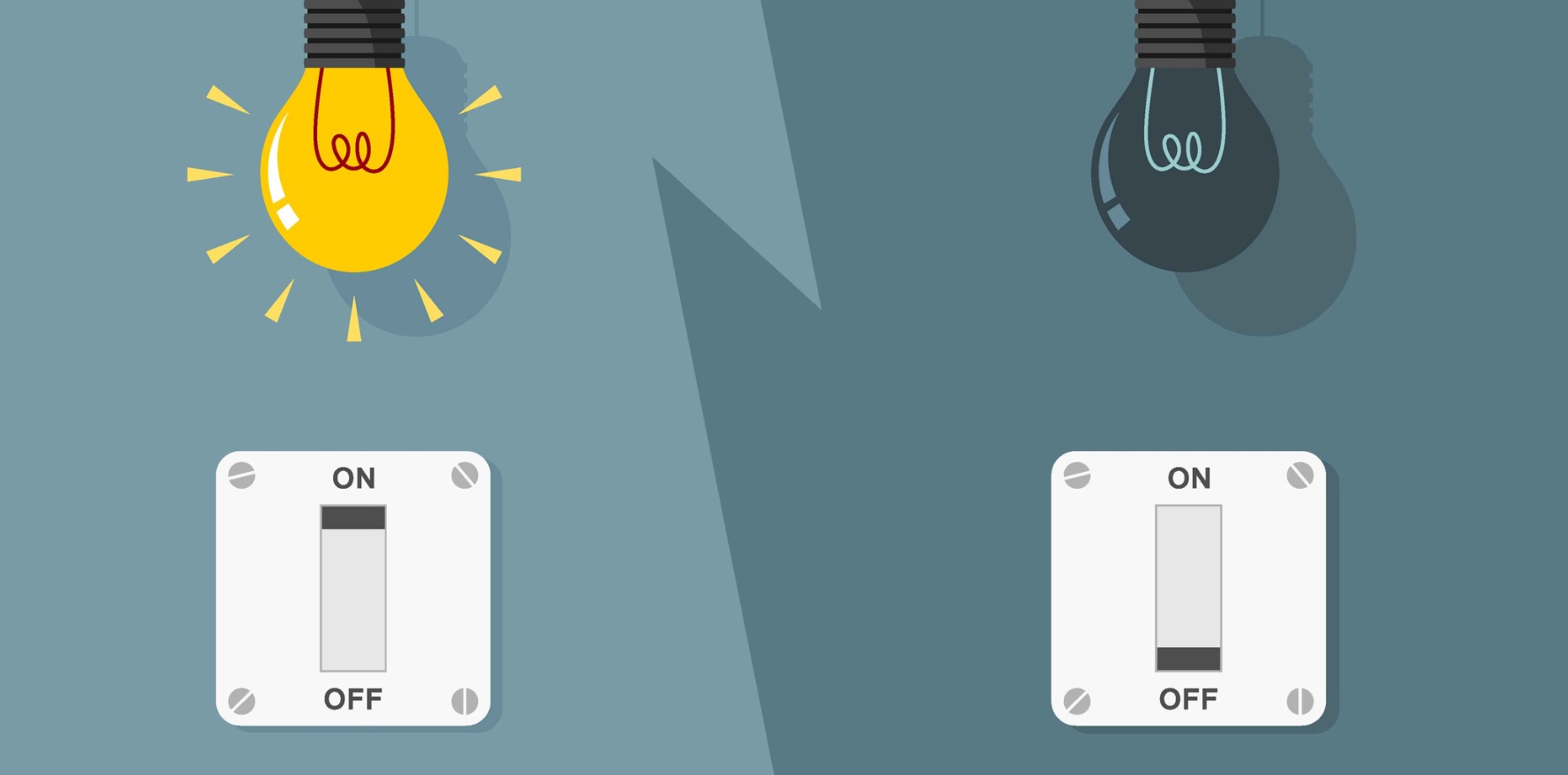Gastro-oesophageal cancer patients now have affordable access to a drug that doubles disease-free time.
A drug that doubles the time before relapse for people with gastro-oesophageal cancer has been listed on the PBS, making it accessible to patients who could not afford the $120,000 annual cost.
From 1 April, nivolumab (Opdivo, Bristol-Myers Squibb) will be listed on the PBS for people with resected oesophageal cancer or gastro-oesophageal junction cancer who have had neoadjuvant chemoradiotherapy.
The adjunct immunotherapy turns the immune system back on, enabling it to recognise the cancer as foreign.
Medical oncologist, pharmacologist and translational researcher Professor Stephen Clarke said prior to the PBS listing of nivolumab, the standard treatment for operable oesophageal cancer was chemotherapy and radiation therapy followed by surgery.
“Then we weren’t doing any additional treatment postoperatively, and in spite of pretty good surgical results, patients were still relapsing subsequently. And if that occurs, they’re no longer curable by standard treatments,” said Professor Clarke from GenesisCare in Sydney.
“So we needed some way to try and enhance the effectiveness of the local treatments and stop metastatic cancer from occurring and make patients live longer.”
Professor Clarke said for the almost 75% patients whose tumours did not show a complete therapeutic response, the risk of recurrence was high, which is why the reimbursement of nivolumab was a significant milestone in addressing this high clinical unmet need.
Immunotherapy has been used to treat cancers such as melanoma for around 10 to 15 years and was being expanded to include other cancer types such as head and neck cancer, kidney cancer and now oesophageal and gastric cancer, he said.
“This has been the single most significant development during my working lifetime. This has been very exciting.”
Professor Clarke said a study in the NEJM found that after one year, the median disease-free interval of patients taking nivolumab was 22 months compared to 11 months for patients in the placebo group.
The randomised, double-blind, interventional trial compared adjuvant nivolumab after neoadjuvant chemoradiotherapy and surgery with matching placebo.
Patients included in the CheckMate-577 study had resected stage II or III oesophageal or gastro-oesophageal junction cancer.
The study also showed that nivolumab had an acceptable toxicity profile, and the occurrence rate of grade 3 or 4 adverse events was 13% in the nivolumab group compared to 6% in the placebo group.
Professor Clarke said other research has shown that metastasis-free survival and recurrence-free survival were more than 60 months for the nivolumab group compared to “teens of months” for the placebo group.
“It looks like it’s going to make a significant difference to this patient population and mean survival is going to be better for those receiving this treatment. It’s only 12 months of treatment and it’s pretty well tolerated.”
Professor Clarke said there are 1700 new patients with oesophageal cancer each year in Australia.
Oesophageal adenocarcinoma has an overall five-year survival of 23% in Australia and is the seventh most common cancer globally.
Professor Clarke said rates of squamous cell cancers of the oesophagus which are related to smoking and drinking alcohol were falling in Australia, thanks to declining smoking rates.
“Oesophago-gastric cancer is one cancer that’s increasing in incidence in Australia because of obesity leading to increased reflux and the acid coming into the stomach is leading to the development of these malignancies,” he added.


